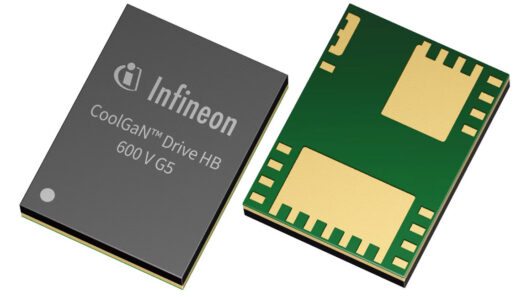The National Institute for Health and Care Excellence (Nice), the treatment watchdog, has recommended the use of five wearable devices that monitor symptoms and significantly improve quality of life. They include a smartwatch that measures the severity of a patient’s shakes, producing daily reports that can be read remotely by doctors, freeing up GP appointments.
The devices beep to remind patients to take medication, helping to reduce the frequency of falls, while also monitoring how well drugs are working so treatment plans can be altered. Experts say making the technology available on the NHS will revolutionise the management of Parkinson’s, which 145,000 people have in Britain.
Independent experts and researchers from the IEEE – the world’s largest technical professional organisation dedicated to advancing technology for the benefit of humanity – have commented on the evolution of smart technology and how it will transform the future delivery of healthcare.
Ravinder Dahiya, IEEE fellow and professor of electronics and nanoengineering at University of Glasgow states:
“In light of the technical advancements we have seen the last few years, there is now more of a focus around telemedicine and wearable devices than ever before as healthcare providers look to answer some of the more complex health challenges. While it will take some time to consider which wearable gadgets will be used for medical use, as NICE has outlined, these devices are already providing a lot of data, which allows professionals to study the large-scale transmission of diseases and manage day-to-day ailments and conditions. Undeniably, it is an exciting time within the industry, with considerable growth expected. The more sophisticated technology will enable far greater self-health management, lesser direct engagement of clinicians and patients which may be entirely replaced by robotic avatars or digital twins altogether.”
Andrew Feeney, IEEE member and lecturer in Ultrasonics at the University of Glasgow affirms:
“There has been a rapid evolutionary cycle in general wearable technologies. Today, it is now possible to remotely monitor a wide range of medical conditions associated with a single patient in real-time, allowing rapid and tailored treatments and outcomes wherever relevant. The more advanced wearable devices can generate vast quantities of data, previously never possible. With the recent advancements we have seen, such as speed in communication, improved battery life, and data processing capabilities, the number of conditions which can be remotely monitored with reliability will continue to grow.”







